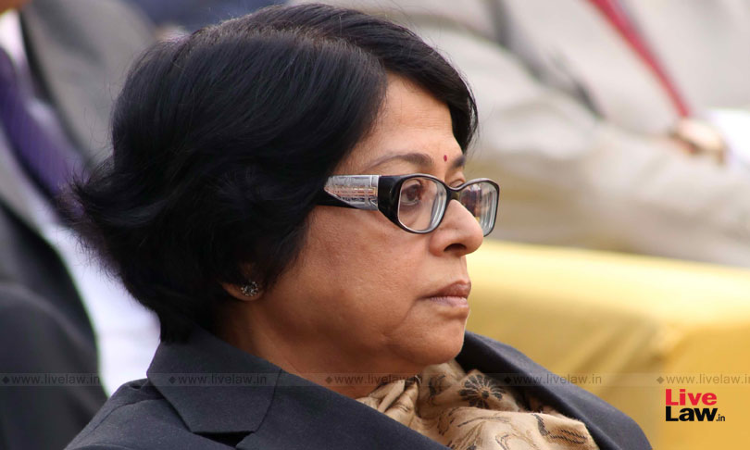The Supreme Court constitution bench is unlikely to consider the review petitions against the September 28 judgment in Sabarimala matter as Justice Indu Malhotra is on medical leave, indicated CJI Ranjan Gogoi today.This was told by the CJI when a mentioning was made by Advocate Mathews Nedumpara, who is appearing for one of the review petitioners. Nedumpara's request was for making...

